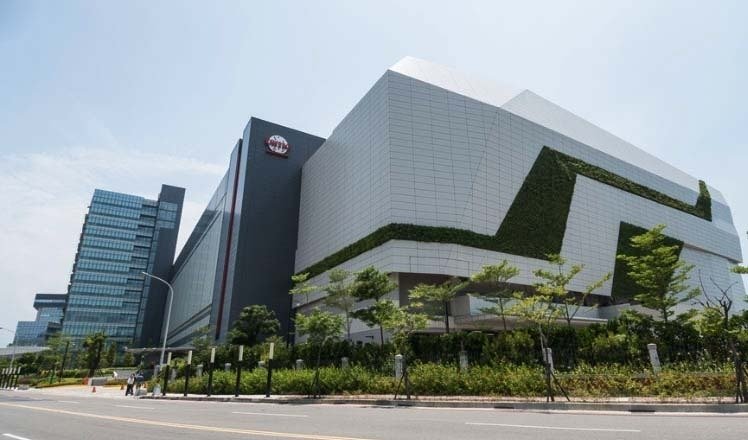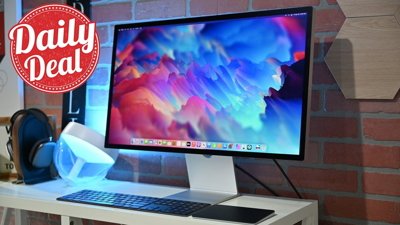Amid a global computer chip supply drought, industry heavyweight and Apple partner TSMC on Thursday announced plans to invest heavily in expanding output capacity as rivals like Intel seek a larger piece of the pie.
TSMC said it plans to pump $100 billion over the next three years into an expansion of its chip fabrication capacity, with money earmarked for manufacturing and research and development of advanced semiconductor technologies, reports Bloomberg.
As the world's largest contract manufacturer of chips, TSMC produces silicon for customers like Apple, Nvidia, Qualcomm and more. Chips from the Taiwan company's foundries end up in a variety of products, from smartphones to refrigerators and cars.
"We are entering a period of higher growth as the multiyear megatrends of 5G and high-performance computing are expected to fuel strong demand for our semiconductor technologies in the next several years," TSMC said in a statement to Reuters. "In addition, the COVID-19 pandemic also accelerates digitalization in every aspect."
The chipmaker is seeing unprecedented demand during a global chip shortage that has impacted multiple industries, with some companies forced to halt production lines due to restricted supplies.
TSMC CEO C.C. Wei in a letter to customers said demand continues to outstrip supply despite having run its production facilities "at over 100% utilization over the past 12 months," reports Bloomberg. The company is hiring thousands of employees and building new plants to cope with the worldwide surge. As a result of the current climate, TSMC will suspend wafer price reductions for a year starting in 2022, the report said.
In January, TSMC announced a capital expenditure of $28 billion for 2021, a record amount that will go toward forwarding advanced technologies and building facilities like a new plant in Arizona.
TSMC produces Apple's A- and M-series chips, a lucrative business that others want to tap. Intel, for example, in March announced a $20 billion investment in a pair of Arizona chip foundries that will produce both x86 and ARM silicon. The chipmaker is looking to gain Apple's business.
 AppleInsider Staff
AppleInsider Staff














 William Gallagher
William Gallagher


 Christine McKee
Christine McKee

 Chip Loder
Chip Loder

 Malcolm Owen
Malcolm Owen








7 Comments
I only hope TSMC will consider to build more factories outside Taiwan. It is highly likely that China will invade Taiwan in the next 10 years. Given Taiwan’s military is rather weak (low in quality and quantity, F16B is their best fighter jet and only 113 of them) and lack of will to fight.
100 billion dollars! Chip making is probably the most capital intensive industry. Requires much more capital than even building cars. No wonder why most companies outsource chip building.
Poor China, your only “friend” is N.Korea, nobody else likes you, not Japan, S.Korea, Taiwan, Hong Kong, Malaysia, Vietnam, India, ...
It’s time for the communist regime to fold. They’ve done their job, now give the citizens some freedom to be true entrepreneurs and free thinkers rather than pilfering IP and copying everyone else. They should feel embarrassed, if not humiliated.
Holy moly, that's five times what Intel plans to spend in on manufacturing! It won't be easy for Intel to compete with that type of manufacturing capacity to draw in business. Plus, I wonder how much capacity they can even sell to others if they'll need to use some of their new fab capacity to manufacture their own chips, which still drive the majority of computers on the market.